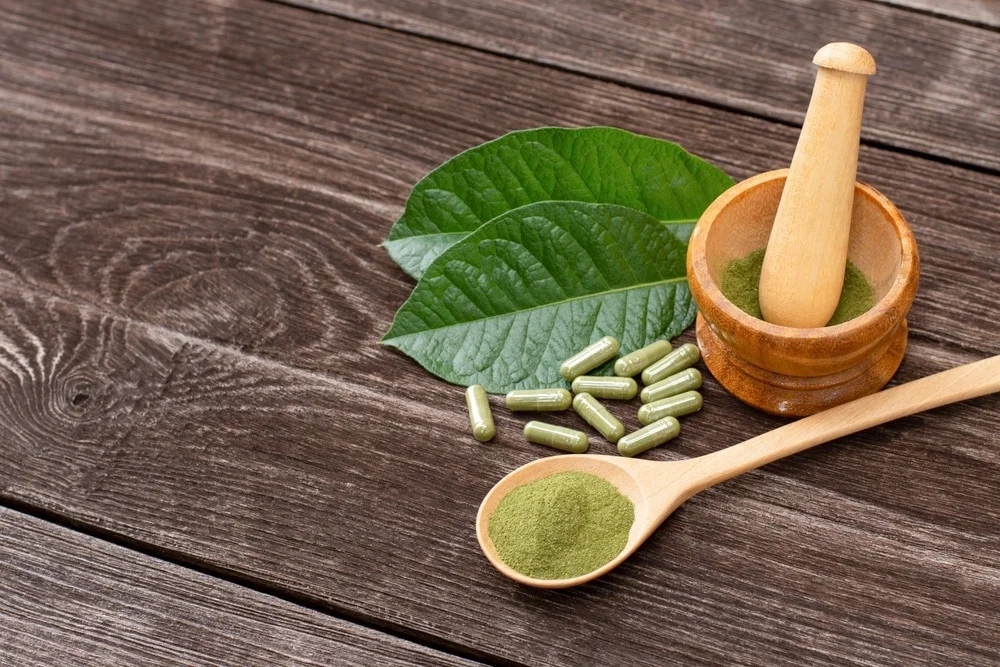The leaves of the kratom tree are used to make the hallucinogenic substance known as kratom powder. Southeast Asia is the natural home of kratom trees. For their mild stimulant properties, kratom tree leaves have been chewed raw or made into a tea for hundreds of years throughout Southeast Asia. Additionally available in powder form, kratom has become more well-liked in recent years in the US, Canada, and Europe. Depending on the dosage, kratom powder can have a number of effects. Additionally, if used frequently, kratom powder can have addictive and dependence-causing adverse effects. The United States does not currently list it as a restricted substance.
Effects of Kratom Powder
Kratom powder has a slight stimulating effect when used sparingly. Low doses of kratom powder can boost energy, focus, and attention, which is more in accordance with its traditional purpose. It can improve mood, increase sex excitement, and decrease hunger in people who want to lose weight. Kratom has become a popular alternative to common stimulants like caffeine and nicotine.
Kratom powder might be harmful at higher dosages. When taken in large amounts, it has a sedative effect that may be comparable to that of opiates or other opioid drugs. Higher kratom powder dosage users report experiencing euphoria and other effects resembling those of opioids or depressants. For those who struggle, the usage of kratom powder as an alternative to opioids has gained popularity.
Threats from Kratom Powder
Despite its alleged advantages and benefits, little is known about the efficacy or safety of kratom powder. The production and packaging of the medicine are not subject to any regulations. When purchasing kratom powder in stores or online, customers have a wide range of options for what else is present and how potent it is. Additionally, the medical and scientific communities still don’t completely comprehend the entire scope of side effects and potential health hazards.
Kratom powder has the potential to become addictive because it shares so many characteristics with other opioid medications. For those who have used substantial doses of kratom powder, withdrawal symptoms such headaches, irritability, depression, and nausea are frequent.
The use of kratom powder in conjunction with other medicines may result in harmful interactions and raise the risk of overdose.
Kratom Powder: final words
The DEA has not yet listed kratom powder as a prohibited substance. In 2016, legislation was introduced to classify the medicine as a Schedule I controlled substance, but it was not approved. Several of the Southeast Asian nations where it originated have made it illegal. A few towns and localities in the US have completely outlawed the selling of the drug, and many US states have classed and outlawed it at the state level. For individuals looking for a natural high or as a therapeutic option, kratom powder will continue to be a risky alternative until more study is done on its safety and usefulness.


